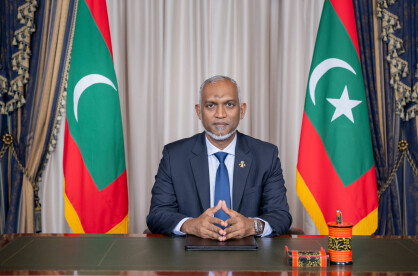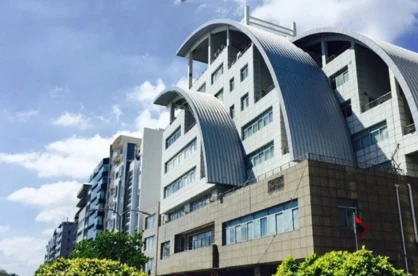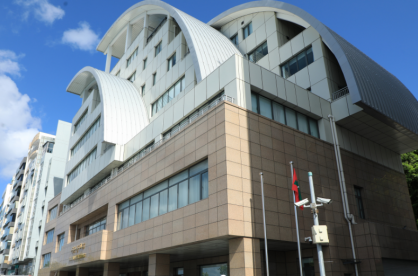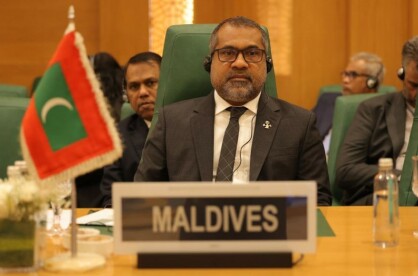The Parliament is inviting public feedback on the Sovereign Development Fund (SDF) bill, which is under review by the Public Accounts Committee. Citizens are encouraged to submit their opinions on the bill by 2 pm on the 9th of July, 2024. Comments can be sent via email to [email protected] or delivered in writing to the parliamentary office.
The SDF bill aims to provide legal authority for the Sovereign Development Fund, outlining rules for its operation, maintenance, and use. The bill specifies that the money in the fund can be used with the President’s permission, based on the advice of the Governing Council. Additionally, the bill mandates that income and expenditures from the fund must be included in the national budget.
This bill, initially introduced on the 10th of last month, was previously rejected in the last parliamentary session on March 26th. The rejection led to suspicions of foul play by the ruling People’s National Congress (PNC), which claimed the dismissal breached parliamentary standing orders. Fuvahmulah MP Ali Fazad resubmitted the bill on June 10th without any amendments being made.
The proposed legislation includes the establishment of a Sovereign Development Fund Administration Office under the Ministry of Finance, with its CEO required to provide quarterly reports to the governing council. These reports will detail fund transfers, expenditures, investments, and the overall balance. The fund’s limit will be set by President Dr. Mohamed Muizzu, based on the governing council’s advice, with the Maldives Monetary Authority (MMA) serving as the fund’s custodian.
Initially set up during former President Abdulla Yameen’s administration, the SDF was created to repay loans for developmental projects and serve as a buffer during economic crises. The current administration plans to transfer a total of USD 130 million to the fund before the end of 2024, highlighting its commitment to financial stability and preparedness for unforeseen economic challenges.







